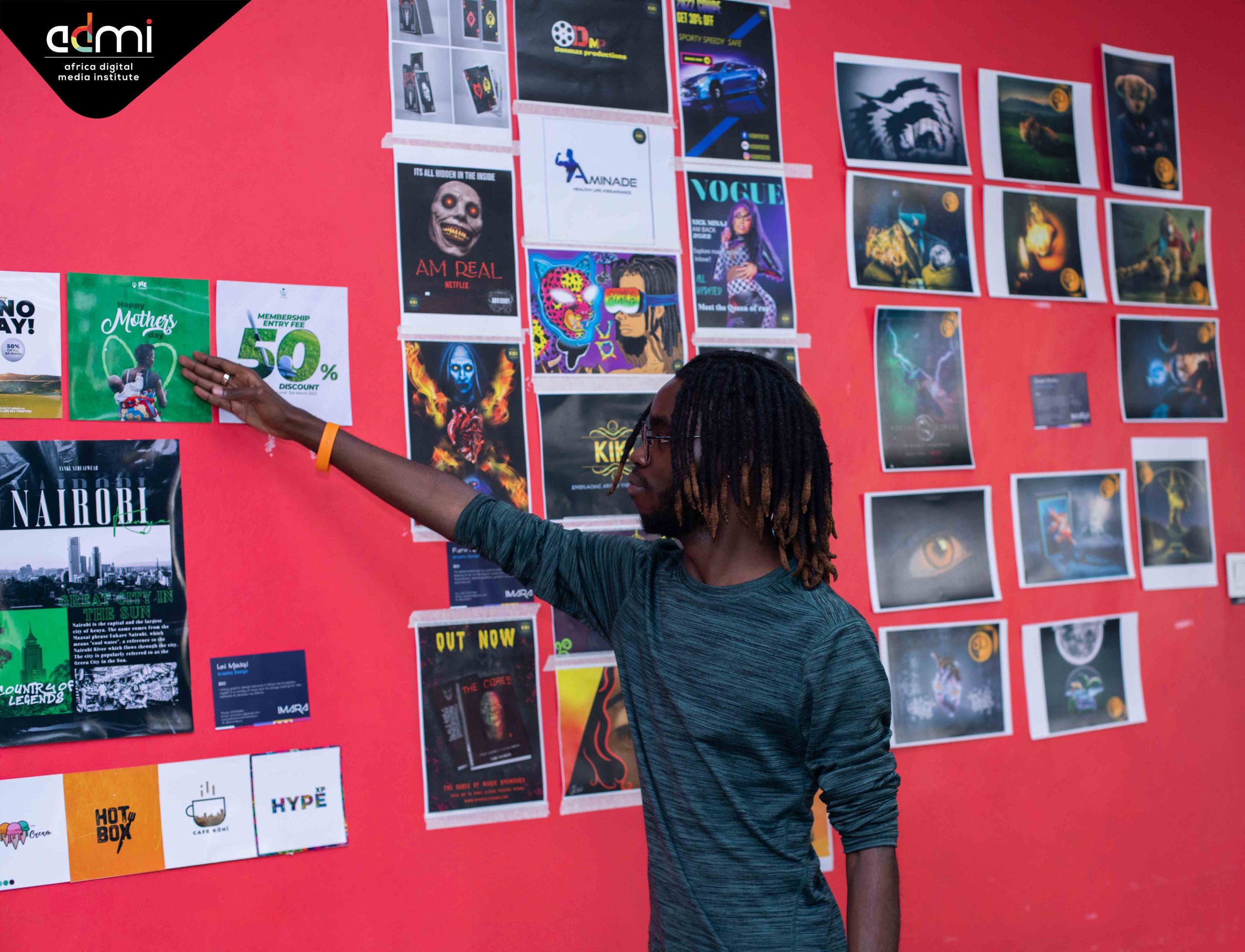
Are you passionate about music? Do you dream of making a career out of your love for melodies, rhythms, and lyrics? If so, you’re not alone. The music industry is a vast and dynamic field with numerous opportunities waiting to be explored. In this article, we’ll dive deep into the world of music careers, shedding light on how you can make a mark in this ever-evolving industry.
Is Music a Good Career Choice?
First things first, is music a viable career choice? Absolutely. The music industry isn’t just about becoming the next global superstar. It encompasses a multitude of roles, from musicians and producers to sound engineers and composers. If you’re passionate, dedicated, and willing to put in the effort, there’s a place for you in the world of music.
How Can I Be Marketable in Music?
To stand out in the music industry, you need more than just talent. You need to be marketable. Here are some key steps to boost your marketability:
- Skill Development: Invest time in honing your musical skills. Take formal music lessons, practice regularly, and master your chosen instrument.
- Networking: Build relationships with fellow musicians, producers, and industry professionals. Networking can open doors to opportunities you might not find otherwise.
- Education: Consider formal education in music. Courses like our Diploma in Music Production provide a strong foundation for a music career.
- Digital Presence: Create an online presence. Share your music on platforms like SoundCloud or YouTube and engage with your audience on social media.
How Do I Start a Music Career?
Starting a music career is an exciting journey filled with creative opportunities and the chance to share your passion with the world. However, navigating this path can be complex, especially in an industry as dynamic as music. Here are some essential steps to help you embark on your music career confidently. · Skill Mastery: Perfect your craft through consistent practice and learning.
- Create a Portfolio: Record and release your music. A portfolio is your resume in the music world.
- Live Performances: Gain experience and exposure by performing at local venues and events.
- Networking: Connect with other musicians and industry professionals to discover opportunities.
Does Music Pay Well?
One of the most common questions aspiring musicians have is whether music pays well. The answer is that it varies significantly. While the music industry can be lucrative, financial success often depends on various factors. Here’s a closer look at what influences your earning potential:
- Diversify Your Income Streams: For most musicians, income doesn’t come solely from music sales or performances. It’s essential to diversify your income streams. This can include live performances, music sales and streaming royalties, licensing your music for commercials or films, teaching music, and even merchandise sales.
- Building Your Brand: Successful musicians often earn more through brand endorsements and sponsorships. As your music career grows, so does your influence and appeal to brands looking to partner with artists.
- The Role of Streaming: In recent years, streaming platforms like Spotify and Apple Music have become dominant in the music industry. While they provide exposure, they may not translate to significant revenue, especially for independent artists. It’s crucial to have a strategy for monetizing your music beyond streaming.
- Live Performances: Many musicians earn a substantial portion of their income from live performances, such as concerts and tours. These can be a significant source of revenue once you’ve built a fanbase.
- Investing in Your Career: Don’t underestimate the importance of investing in your music career. This includes studio time, professional music videos, marketing, and promotion. These investments can pay off in the long run.
- Independence vs. Contracts: Some musicians choose to remain independent, which gives them more control over their revenue streams. Others sign contracts with labels or publishers, which can provide financial support but may come with restrictions.
In essence, music can pay well, but it often requires dedication, perseverance, and a strategic approach to monetizing your talent and creations.
Is There a Future in Music?
The music industry is not only alive and well but also continuously evolving. Technological advancements and shifts in consumer behavior have reshaped how music is created, distributed, and consumed. Here’s why there’s a bright future in music:
- Digital Transformation: The digital era has made it easier than ever to create, record, and share music. With the rise of home recording studios and digital audio workstations, musicians have more control over their music production.
- Global Reach: The internet has opened doors to a global audience. Musicians can now reach fans worldwide without the need for extensive marketing budgets.
- Diverse Opportunities: The music industry extends far beyond traditional roles like artists and performers. Careers in music production, sound engineering, music education, and music technology are in high demand.
- Music Licensing: With the proliferation of content across various media, there’s a growing demand for music licensing in films, TV shows, commercials, and video games. This creates opportunities for musicians to earn from licensing their music.
- Live Music: Despite digital advancements, live music remains a vibrant part of the industry. Concerts, festivals, and live events continue to draw massive audiences, providing opportunities for performers and professionals in live sound engineering and event management.
Our Music Production Course
For those serious about pursuing a music career, our Diploma in Music Production is an excellent choice. This comprehensive program covers everything from music theory to digital audio production, ensuring you’re well-prepared for a career in music.
Conclusion
In conclusion, a career in music can be not only fulfilling but also financially rewarding. However, success in this field requires more than just talent – it demands dedication, continuous learning, networking, and adaptability. If you’re passionate about music, don’t hesitate to explore the myriad of opportunities it offers. Whether you aspire to be a performer, producer, or sound engineer, the music industry welcomes those who are willing to take the leap. Are you ready to make music your career? Join our Diploma in Music Production program and take the first step towards your musical journey.



